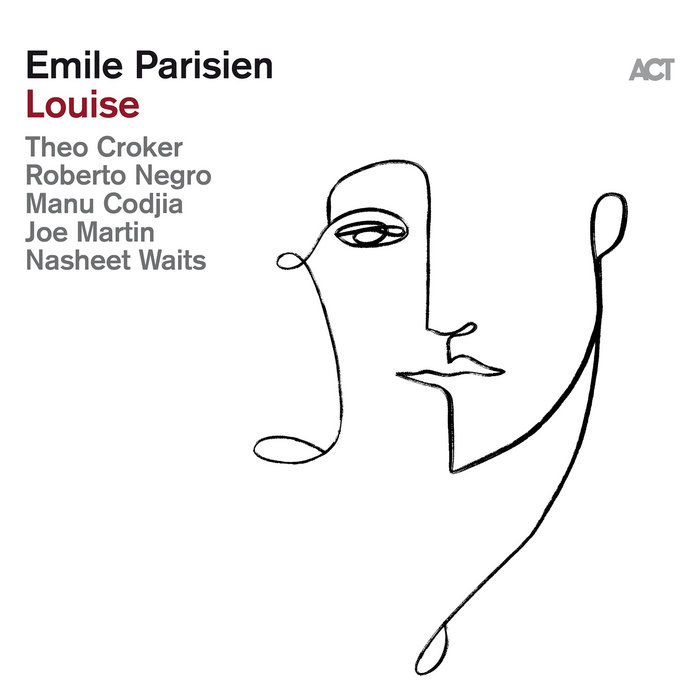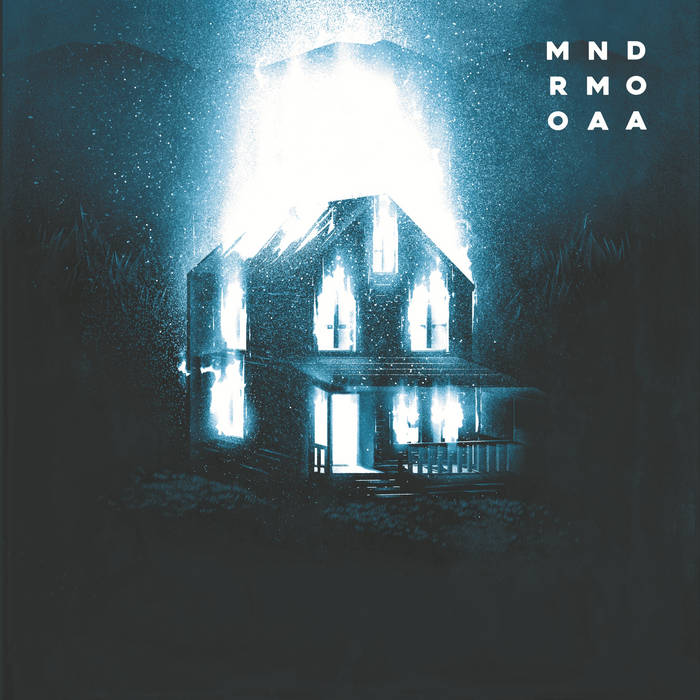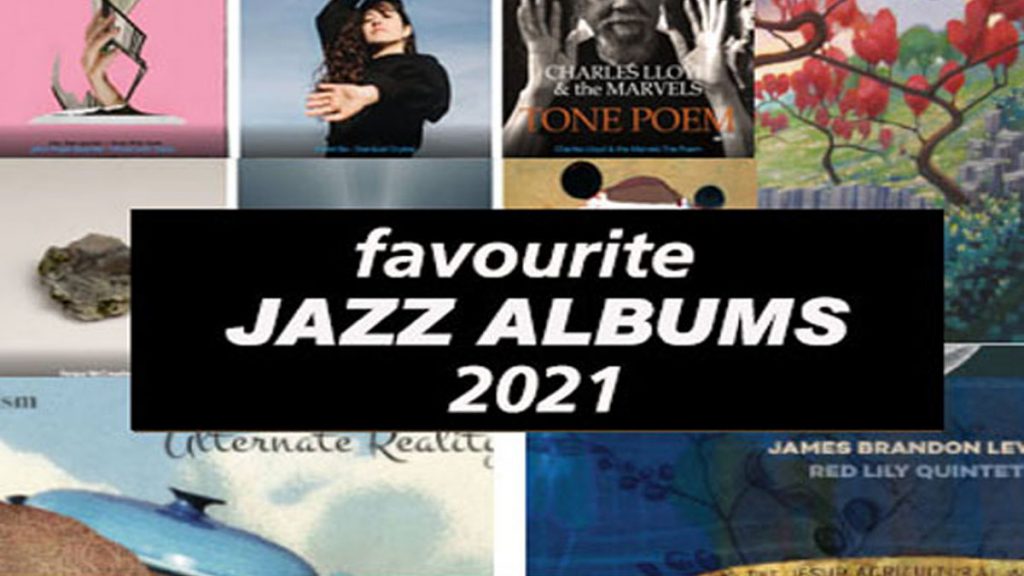Jazz Albums Review January 2022
Jazz Albums Review January 2022
Wer schon immer nicht wissen wollte, was andere auch nicht wissen, nämlich: Was ist Literatur oder was ist Musik? Greife zum Buch und lese über die Perspektiven der Musikphilosophie und gehe danach eintausend Schritte vor die Tür, kehre um und höre Musik. Und wünsche mich an einen Ort, wo das Denken nicht mehr will, nicht mehr sein muss und auch nichts kann. Perspektiven der Musikphilosophie, herausgegeben von Wolfgang Fuhrmann und Claus-Steffen Mahnkopf.
Die Liner Notes, wie man sagen würde beim Anblick oder Anhören einer Schallplatte, lesen sich für das Buch so:
Musik ist eine Herausforderung für die Philosophie – die von dieser oft nicht angenommen wurde. In den letzten Jahrzehnten hat sich jedoch die Musikphilosophie im deutschsprachigen Raum als ein zunehmend dynamisches interdisziplinäres Feld zwischen Philosophie, Ästhetik und Kunsttheorie, Musikwissenschaft, Musiktheorie und musikalischer Praxis entwickelt. Die Beiträge dieses Bandes, u. a. von Daniel Martin Feige, Gunnar Hindrichs, Richard Klein, Cosima Linke und Matthias Vogel, ziehen erstmals ein Fazit und beleuchten die Perspektiven des mittlerweile ausdifferenzierten Diskurses über diese scheinbar unmittelbarste und zugleich begrifflich am schwersten fassbare künstlerische Ausdrucksform.
Das war denn fast schon alles, was man dazu zu sagen hat, dachte ich im Ohrensessel.
Matthias Vogel: Was Musikphilosophie ist, lässt sich mit einem Satz beantworten: Musikphilosophie ist der Versuch, mit philosophischen Mitteln über Musik nachzudenken.
Wenn das der eine Satz gewesen sein soll, wird man beim Lesen feststellen, dass Sprachzeichen zu Notenzeichen werden und der höhere oder der tiefere Sinn bleibt verborgen, denn noch häufiger ist es eher anders herum: Etwas zu hören, was du nicht hören willst, kannst du erst verstehen, wenn du es wirklich hörst. Nur: Was ist wirkliches Hören, was wirkliches Verstehen.
Und vor der Musik, so mein Eindruck, ist Sprache eher verunklarend oder leutselig, oder wie ich es auch schon dachte: All die abstrahierenden Begriffe, wenn es um Musik geht, und am Ende steht ein kläglicher Werbetext, der ebenfalls nichts als Enttäuschung induziert.
Und so besinnt man sich, ohne etwas falsch machen zu können, der Konventionen und bespricht noch einmal Adorno, lässt neue Namen auftreten und tauscht alles aus, was die, die es untereinander austauschten, schon wissen, und druckt es in ein Buch, ein weiteres Buch über Adorno, der es mit dem Jazz nicht so hatte, weil er Jazz mit Duke Ellington gleichstellte. (Die Redundanz der Wahrnehmung)
Deswegen wir die Rezeption auf oder über Musik wieder den Laien überlassen und die machen daraus regelmäßig einen Geschmacksmustertest. Und sobald in der ersten Kadenz das Diatonale eines Saxophons erklingt, reißen sie den Kopfhörer vom Ohr und rufen, nein, nicht meins, das ist Jazz, ich schaff das nicht mehr. Jazz. Sag lieber Physiognomie und Charakter dazu.
Man könnte an dieser Stelle einwenden, dass der Gang auf die Straße mit 1000 Metern bemessen zu kurz geraten sei, man ihn um weitere 8000 Meter erweitert hätte haben sollen, um daraus eine bessere und stabilere Lehre zu ziehen:
Dass Musik nämlich, je nach Tagesform, nie der eigenen physiologischen Form entspricht, man sich also durchaus unterschiedliche Formen zur gleichen Zeit vorstellen kann, um nicht wieder in den Verdacht zu geraten, man sei dabei, etwas Komplexes zu simplifizieren. Und wenn Philosophen etwas versachlichen oder verdinglichen, wird es ohne die Vielfachform dessen kaum möglich, einen Text über mehr als zweitauend Meter Distanz zum Text in sich zu vereinen.
Man müsste ihn also von sich weisen oder einfach so tun, als sei das ebenfalls Jazz, bei dem du vom ersten Ton an weißt, dass du den zweitausendsten Ton nicht mehr hören oder verstehen kannst, da der erste Ton wieder vergessen ist.
Auch das ist Jazz: Hinten heraus entsteht ein anderes Ding als vorne hinein angedacht.
Das Buch also kann man Philosophen empfehlen, Jazzmusikerinnen würde ich empfehlen, es weiterhin mit der eigenen Komplexität aufzunehmen und die eigene Kadenzenlage über die Dissonanzenlage der Philosophie zu stellen, denn die wird ihre Worte über die Töne setzen und daraus Fußnoten machen.
Ich für meinen Teil überlebe all diese atonale Tracht nur, indem ich die mir von Musikerinnen ausgelegten Pfade breiter trete und mir immer wieder neue Stücke anhöre und auch neue Ideen. Das Buch, von dem ich hier angefangen habe, muss ich dabei nicht von vorne nach hinten durchgearbeitet haben, sondern hin und wieder daraus zu frühstücken beabsichtigen, um vielleicht doch noch zu verstehen, was Musikrezeption wirklich sei:
Christian Grüny in Vor und nach der Musik: „Die Krise, die der Neuen Musik in jüngerer Zeit vielfach attestiert wurde, ist sicherlich auch eine des Begriffs.“
Wir wechseln zu den Empfehlungen, wie immer willkürlich die Auswahl und ganz nach dem härtesten Urteil aller Laien: es muss mir schon auch ein bisschen gefallen haben, was ich hörte. Denn Geschmacksfragen, haben wir uns angewöhnt zu behaupten, sind über den Begriff des Geschmacks hinaus auch Empfindungs- und Zustandsfragen. Und emotionale Fragen und Zustandsmomente im Raum der Differenz und Divergenz.
Hier nun die Empfehlungen für Januar 2022 an einem saxophonen Mittag mit Bass, Gitarre, Orgel und Stimme. Die Philosophen und Philosophinnen werden es mir nachsehen, dass ich ihr Buch nicht wie ein Konzert zu mir nehmen kann, sondern dafür mehr Zeit benötige als es ein Zweistundenkonzert bietet.
Jazz Albums Review January 2022

von Oz Noy, Ugonna Okegwo, Ray Marchica
21.01.2022
Oz Noy Riverside , Oz Noy (g), Ugonna Okegwo (b), Ray Marchica (dr)

28.01.2022
Emile Parisien Louise
Emile Parisien (sax), Theo Croker (tp), Roberto Negro (p), Nasheet Waits (dr), Joe Martin (b), Manu Codjia (g)
Emile Parisien Wikipedia | Theo Croker Website | verhoovensjazz
Jazz Albums Review February 2022 Emile Parisien

von Ilaria Capalbo
14.01.2022

von Little North
21.01.2022

von Pierre Vervloesem Group
21.01.2022
Pierre Vervloesem Group 30 Years of Access – Pierre Vervloesem (g), Bruno Vansina (sax), Nicolas Dechêne (b),
Peter Vandenberghe (p), Pierre Vervloesem (g), Renaud van Hooland (dr)
Website | Wikipedia | jazz fun | Zig Zag World

von Anna von Hausswolff
14.01.2022
Anna von Hausswolff Live at Montreux Jazzfestival – Anna von Hausswolff (voc) (org), Maria von Hausswolff (voc), Filip Leyman (synth), Ulrik Ording (dr), Karl Vento (g), Joel Fabiansson (g), David Sabel (b), Justin Grealy (sound engineer)
Per Møllehøj ‚S wonderful – Per Møllehøj (g), Kirk Knuffke (tp), Thommy Andersson (b),
UK Promotion | Jazzviews


von MONODRAMA
14.01.2022
Monodrama mndsmooaa – Alberto Brenes (dr), Mauri Gómez (sax), David Sancho (p)

28.01.2022
Théo Moutou (dr), Marc Karapetian (b), Yessaï Karapetian (p), Gab Gosse (g), Mounir Sefsouf (sax)
Jazz Albums Review January 2022 Yessaï Karapetian

28.01.2022
Steven De Bruyn Aanhou Gerraas Maak
Jasper Hautekiet (b), Steven de bruyn (harm)
Website |Wikipedia Label Music Mania Records | Jasper Hautekiet via The Ryhm Junks


28.01.2022
Henri Texier Heteroklite Lockdown
Henri Texier (b), Sébastien Texier (sax) Wikipedia

Piet Verbist Secret Exit To Another Dimension
Piet Verbist (b), Hendrik Braeckman (g), Lionel Beuvens (dr)
Boris Kozlov First Things – Art Hirara (p), Behn Gillece (vib), Donny Mc Caslin (sax), Rudy Royston (dr), Boris Kozlov (b)
Wikipedia |Positone Records | Glidemagazin

von Boris Kozlov
21.01.2022
Florian Favre Idantita Florian Favre (p)
Website | BR Jazzalbum des Monats Januar







